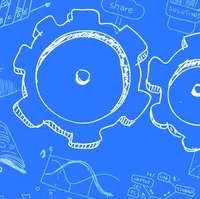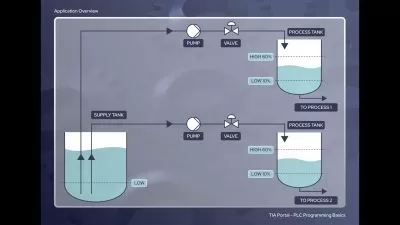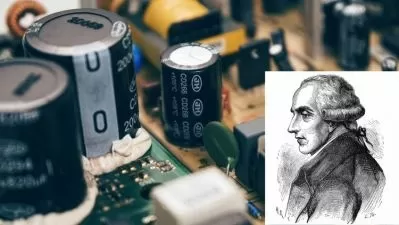Digital Logic
Shivangi Bansal
8:41:07
Description
The Gateway of knowledge about technology of Electronics
What You'll Learn?
- Basic Concepts of Digital Logic
- Representation of Numbers in Decimal System, Binary System, Octal System and Hexadecimal System
- Conversion of one system to another system
- Binary Arithmetic
- Various Binary Codes
- Boolean Gates, Truth Tables, Expressions and its Theorems
- The Map Method (K-Map)
- Combinational Circuits and its various Types
- Sequential Cicrcuits with complete description of its two type i.e. Synchronous and Asynchronous
Who is this for?
What You Need to Know?
More details
DescriptionDigital logic is the representation of signals and sequences of a digital circuit through numbers. It is the basis for digital computing and provides a fundamental understanding on how circuits and hardware communicate within a computer. Digital logic is typically embedded into most electronic devices, including calculators, computers, video games, and watches. This field is utilized by many careers that work with computers and technology, such as engineers and repair technicians.The Evolution of computers and impact on society: different types of computers; essential parts of a computer. Analogue versus digital representation of physical quantities; digital signals.
Language of computers: binary number system; decimal and hexadecimal representations; decimal and binary codes; introduction to binary logic.
Boolean algebra: definitions, theorems and properties; Boolean functions; logic operations, basic logic gates, truth tables; representing Boolean equations using logic gates and vice versa.
Simplification of Boolean functions: algebraic and Karnaugh map methods; NAND and NOR implementations; equivalent gate representations; active logic states; enabling/disabling logic circuits.
Decoders, encoders, multiplexers, demultiplexers and their applications; seven-segment displays and decoders. Unsigned and signed arithmetic; overflow condition; design of arithmetic circuits.
Flip-flops and sequential logic circuits: counters and registers. MSI Logic Circuits and Programmable Logic Devices.
Learning Outcomes
Discuss fundamental concepts in the design of digital circuits and systems.
Discuss and have a working knowledge of Boolean algebra and its application to combinational logic circuits.
Manipulate and design basic combinational operators (and, or, not, etc) and sequential circuits.
Manipulate and design combination of operators to form higher level functions (multiplexer, counter) and memory element (flip-flop).
Who this course is for:
- Introductory course for those who have curiosity to learn about world of electronics or computer. Subject is also helpful for the students in curriculum who are Undergraduate or doing Diploma in Engineering field.
Digital logic is the representation of signals and sequences of a digital circuit through numbers. It is the basis for digital computing and provides a fundamental understanding on how circuits and hardware communicate within a computer. Digital logic is typically embedded into most electronic devices, including calculators, computers, video games, and watches. This field is utilized by many careers that work with computers and technology, such as engineers and repair technicians.The Evolution of computers and impact on society: different types of computers; essential parts of a computer. Analogue versus digital representation of physical quantities; digital signals.
Language of computers: binary number system; decimal and hexadecimal representations; decimal and binary codes; introduction to binary logic.
Boolean algebra: definitions, theorems and properties; Boolean functions; logic operations, basic logic gates, truth tables; representing Boolean equations using logic gates and vice versa.
Simplification of Boolean functions: algebraic and Karnaugh map methods; NAND and NOR implementations; equivalent gate representations; active logic states; enabling/disabling logic circuits.
Decoders, encoders, multiplexers, demultiplexers and their applications; seven-segment displays and decoders. Unsigned and signed arithmetic; overflow condition; design of arithmetic circuits.
Flip-flops and sequential logic circuits: counters and registers. MSI Logic Circuits and Programmable Logic Devices.
Learning Outcomes
Discuss fundamental concepts in the design of digital circuits and systems.
Discuss and have a working knowledge of Boolean algebra and its application to combinational logic circuits.
Manipulate and design basic combinational operators (and, or, not, etc) and sequential circuits.
Manipulate and design combination of operators to form higher level functions (multiplexer, counter) and memory element (flip-flop).
Who this course is for:
- Introductory course for those who have curiosity to learn about world of electronics or computer. Subject is also helpful for the students in curriculum who are Undergraduate or doing Diploma in Engineering field.
User Reviews
Rating
Shivangi Bansal
Instructor's Courses
Udemy
View courses Udemy- language english
- Training sessions 65
- duration 8:41:07
- Release Date 2022/11/26










